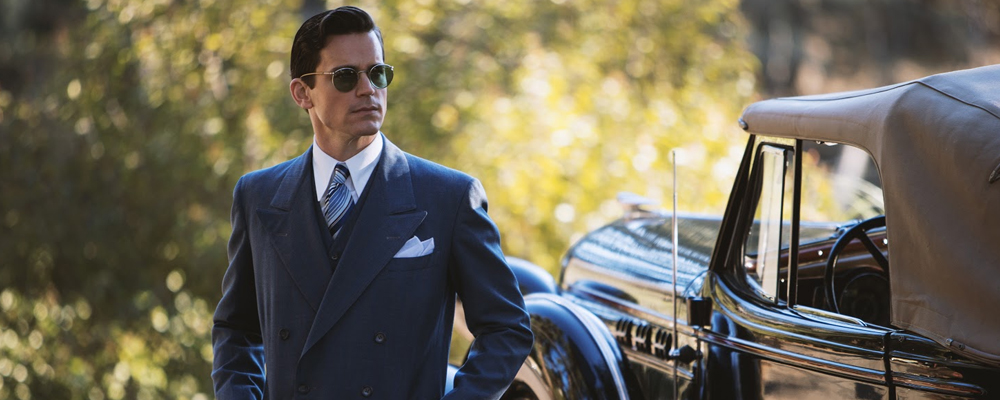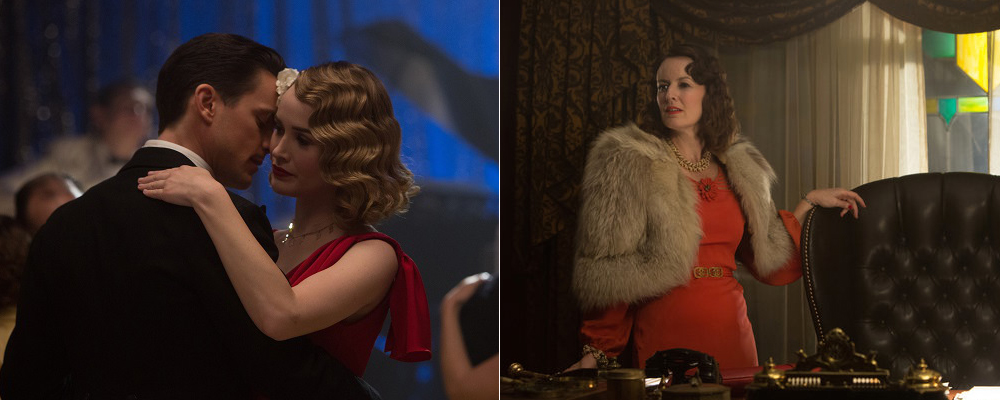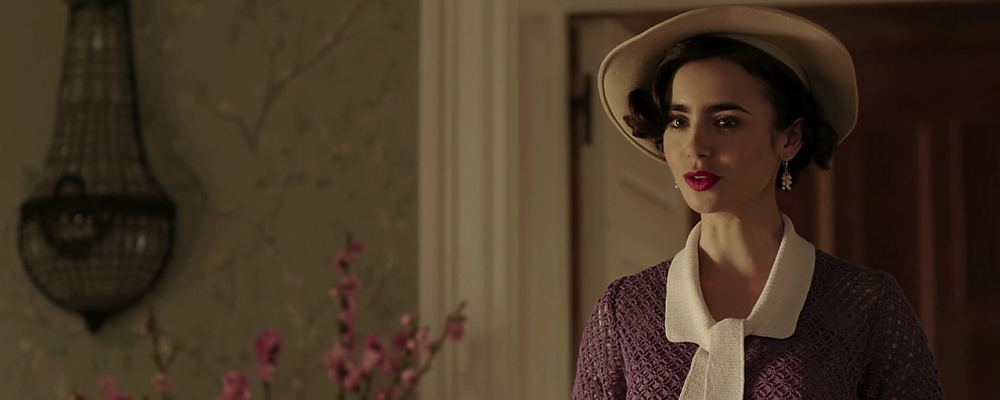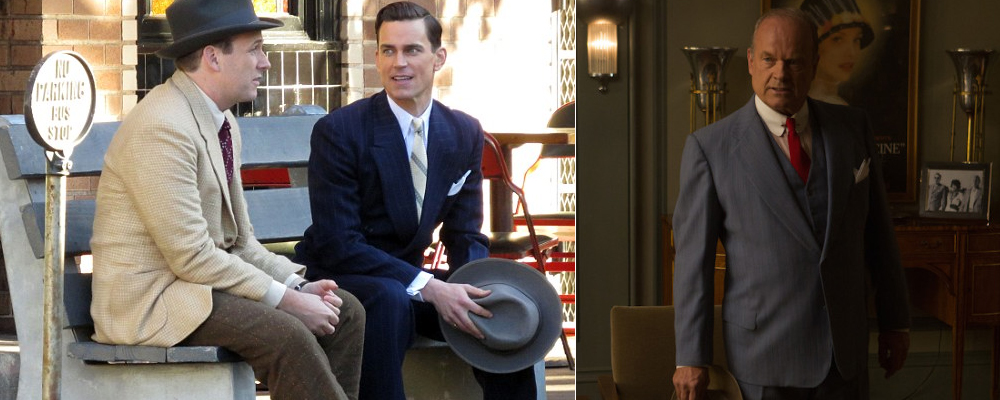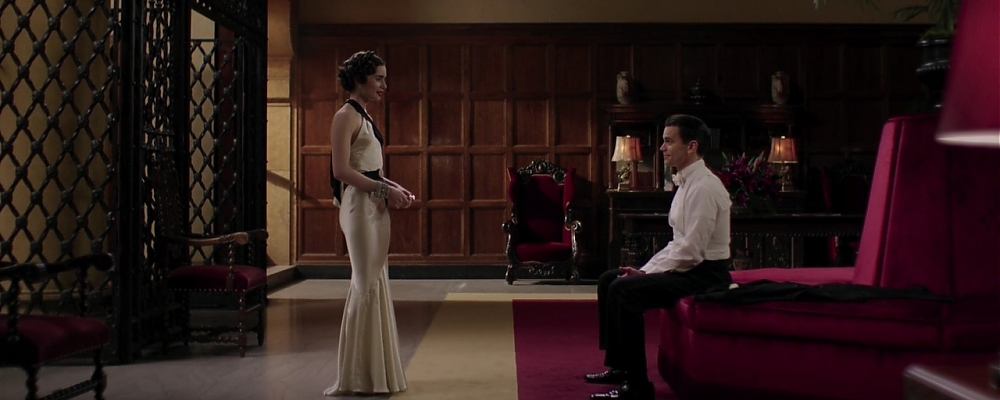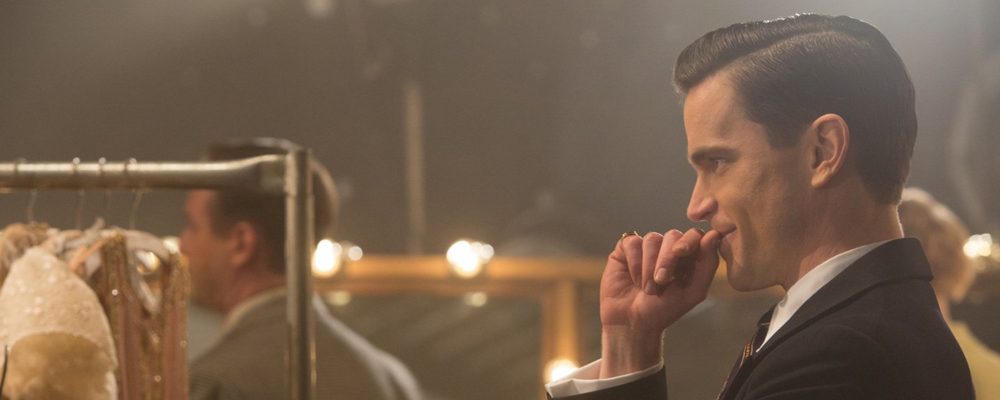Amazon’s ‘The Last Tycoon’ Gives Old Hollywood the Soap Opera Treatment
Elizabeth Stanton
A pilot is meant to set up everything you need to know about the series you’re about to watch, from characters to settings to plot lines. But sometimes, there can be too much going on in one pilot, and it can make for a rough transition into the rest of the episodes. Amazon’s “The Last Tycoon” faces this problem, but eventually course corrects into a soapy drama about the Golden Age of Hollywood.
“The Last Tycoon” tells the story of Brady American Pictures, a fictional Hollywood studio in the 1930s run by Pat Brady (Kelsey Grammer), a typically philandering and domineering Hollywood mogul. His right-hand man is the handsome and passionate Monroe Stahr (Matt Bomer), who recently lost his movie star wife in a tragic fire, has a congenital heart defect, and is hiding his Jewish heritage from the general public. Brady also has a daughter, Celia (Lily Collins), who has a major crush on Monroe, and the same passion for the movie biz as her father, but is naïve about the ways of the world. As fascism spreads in Europe, it also seeps into the backlot, in the form of a German consulate who must approve Brady American’s films for German audiences under Nazi rule.
But wait, there’s more. A Hooverville of homeless Oakies arrives just outside the studio gates, with an eager young man trying to care for his younger siblings. And there’s the writers’ office, led by Aubrey (Enzo Cilenti), and featuring Monroe’s brother-in-law, who commits suicide by the end of the first episode (and he was secretly on heroin, but that never comes back into play). There’s also an Irish waitress, who reminds Monroe of his dead wife (also an Irish immigrant) and gets him instantly smitten, but not without having an affair with Brady’s wife, Rose (Rosemarie DeWitt) too.
That is one overstuffed pilot. But as the episodes continue, those plotlines become less condensed and are built upon in more effective ways. One of the running themes of the series is identity and maintaining who you are in a town that focuses on façade. From Celia leaving her idealistic youth behind, to Monroe hiding his Jewish background, to the many immigrants who populate the lot, almost everyone has the person they were before and the person they are now.
That criticism of Hollywood and identity works better throughout the series than others. At times, the show is too self-aware in its critiques, trying to be above it all. Everyone on the lot wants to make movies that matter, even studio head Brady, who routinely wishes he were more of a “movie man,” like his second in command, Monroe. They all get so dreamy about the power of movies, even when facing the darker elements behind the scenes, that it’s hard to believe not one of them would be more cynical about the business.
They also try to inject history into the series, but in more ham-fisted ways that ring hollow. Attempts to show the early stages of the Writers’ Guild forming and the impact of Nazi Germany on Hollywood wind up landing with thuds, because they’re played far too obviously. The same goes for certain historic moments, like the mention of a script for a movie called “The Wizard of Oz.” Louis B. Mayer (Saul Rubinek) considers shooting it in color, but he and the main characters scoff at the idea of color being “a gimmick.” The scene is groan-inducing, not because of the dramatic irony, but because, as written and performed, it’s not just winking at the camera, it’s practically slapping it for attention.
The series is at its strongest when it steps back from Hollywood to focus on the people working their way through it. One of the more interesting characters, whose arc ties back into the theme of identity, is Jennifer Beals’ Margot Taft, a Katherine Hepburn-esque movie star who holds a lot of power in town. She also has a black maid who she is very close to, and the truth behind their relationship is heartbreaking and a very real consequence of having to create a new persona.
The performances are overall pretty good, but occasionally have a TV movie air to them that the cast never transcends. Bomer, who really is too handsome to be a behind the scenes character, plays over earnest in scenes about the power of movies. He’s better when he’s working his producer spin and being slick. Grammer is all bluster and frustration, with an effective tinge of menace when he proves what a real villain he can be running his studio. Collins, who couldn’t look bad in a retro look if she tried, is a little flat as the idealistic Celia, and is perhaps the actor closest to that TV movie style. Everyone’s emotions seem more restrained than they should be, especially with all the melodrama swirling around them.
Rough edges are often smoothed out in Hollywood, and “The Last Tycoon” still has a few, but it clearly hopes to sand them down in a second season. The final episode ends on a cliffhanger that begs for resolution, as do several of the plotlines like unionization, a murder, and several love triangles.
But after stumbling out of the gate, “The Last Tycoon” does find its footing in Hollywood. It’s just lucky it had ten episodes instead of two hours to do so.
“The Last Tycoon” premieres on Amazon July 28.

